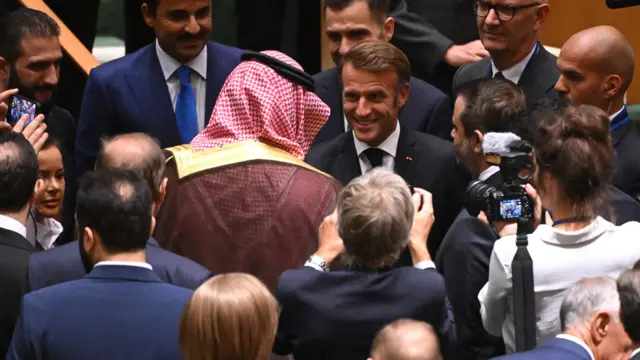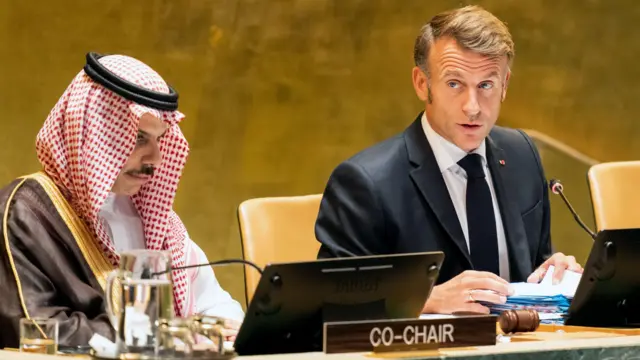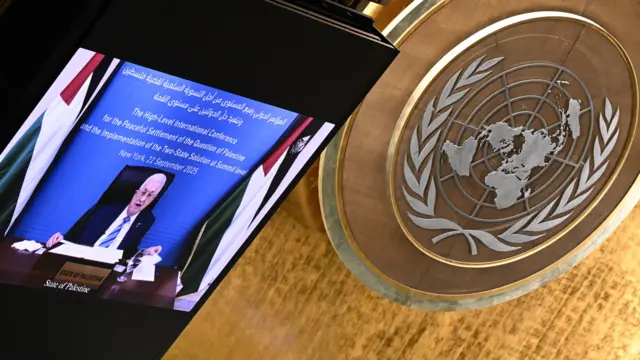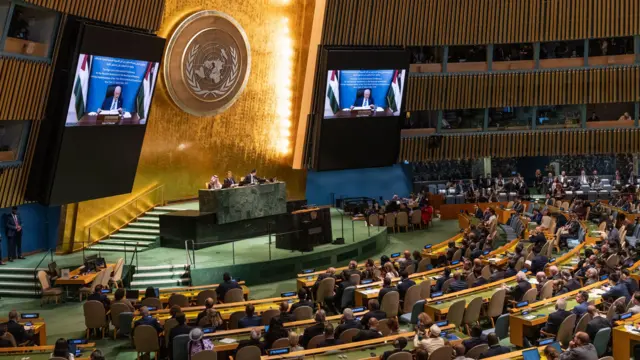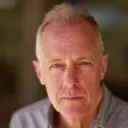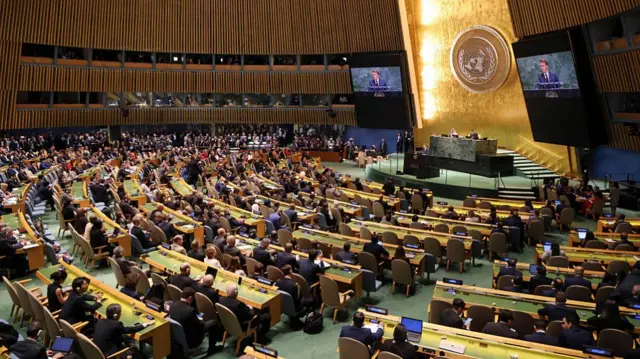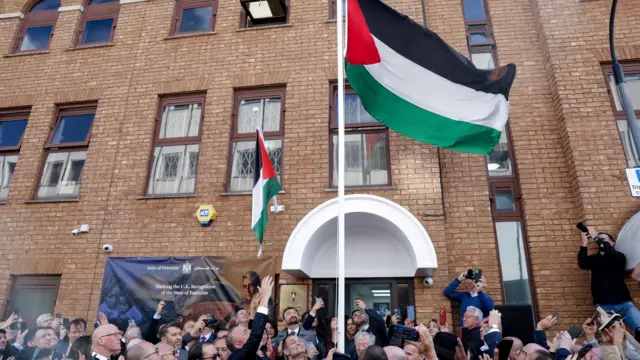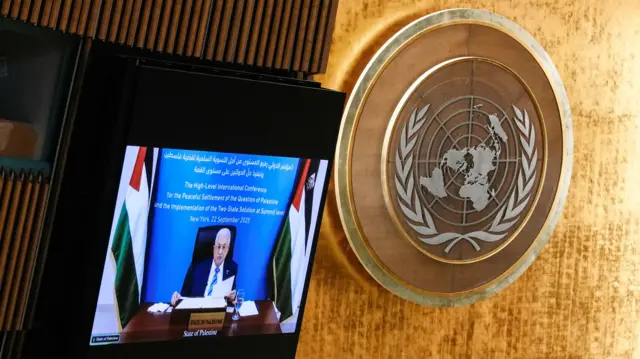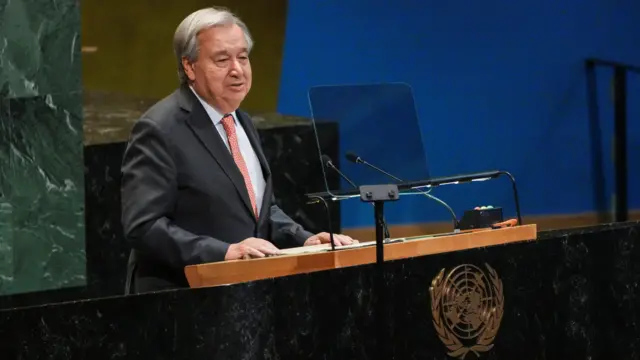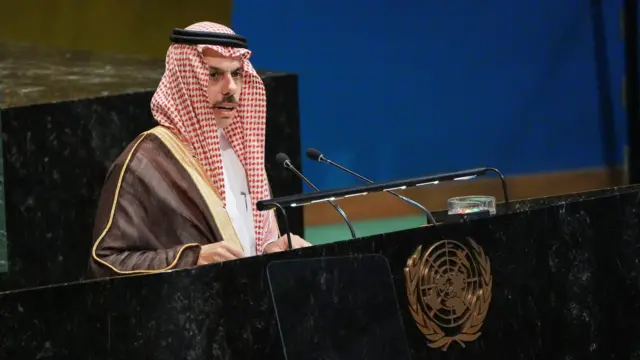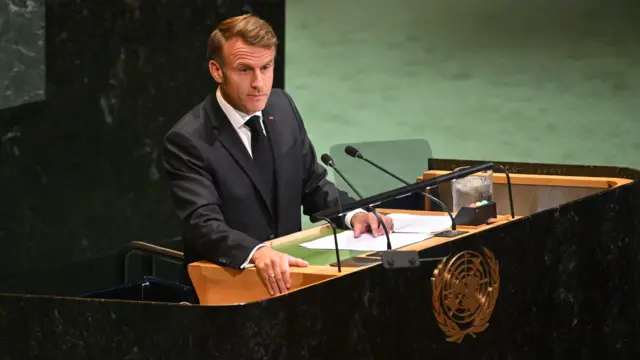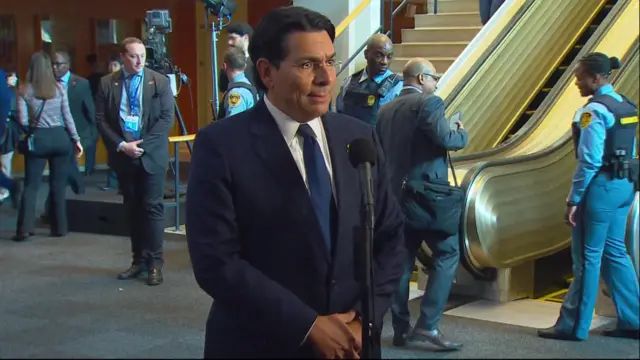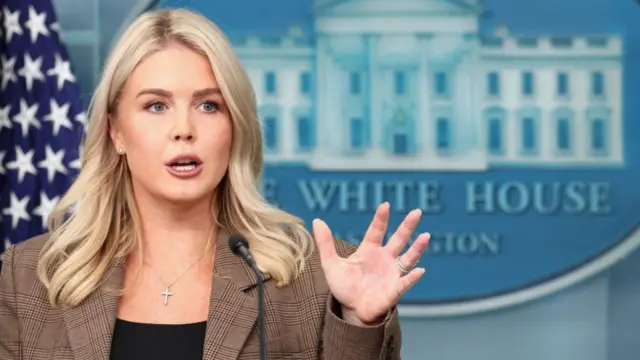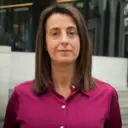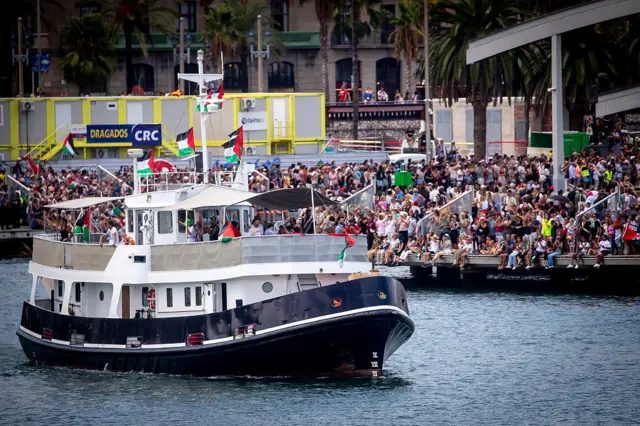France becomes latest nation to recognise Palestinian statepublished at 22:35 BST 22 September
 Adam Goldsmith
Adam Goldsmith
Live reporter
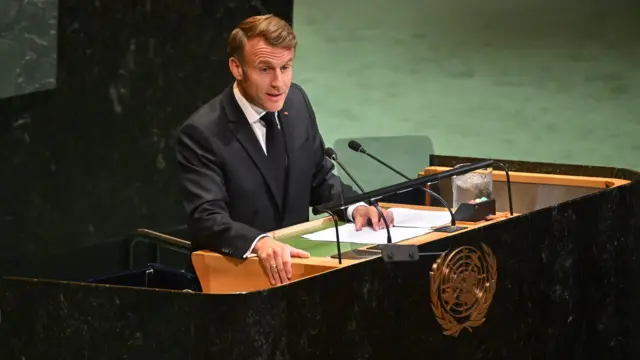 Image source, EPA/Shutterstock
Image source, EPA/Shutterstock"We can no longer wait," French President Emmanuel Macron told the UN today, as he announced that France was joining countries including the UK, Canada and Australia in formally recognising a Palestinian state.
We've got a summary of the afternoon's key speeches in New York, where Palestinian President Mahmoud Abbas looked towards a future in Gaza without Hamas, and UN chief Antonio Guterres added that statehood for Palestinians "is a right and not a reward".
Israel, though, maintains that there will be no two-state solution, and did not take part in today's speech-making on the issue - our diplomatic correspondent has more on how Prime Minister Benjamin Netanyahu's doesn't appear to mind his country's isolation on the international stage.
Netanyahu was also warned by Guterres not to respond by annexing more parts of the West Bank, but Israel's UN ambassador says this will be a discussion for the Israeli government when Netanyahu returns from an upcoming White House trip.
Donald Trump's administration, too, declined to speak, though the US president will be present in New York tomorrow when the UN's General Assembly marks the 80th anniversary of the founding of the organisation.
That brings an end to our live coverage, but we'll keep our news story updated with any developments.
And you can go deeper with these pieces:
